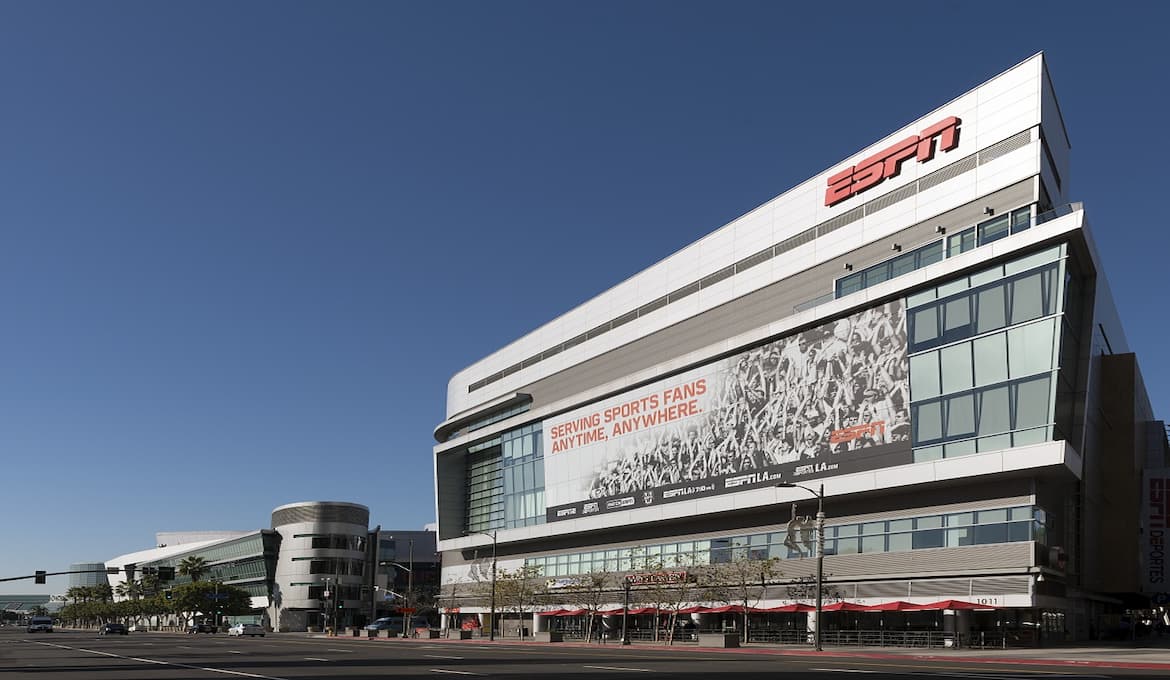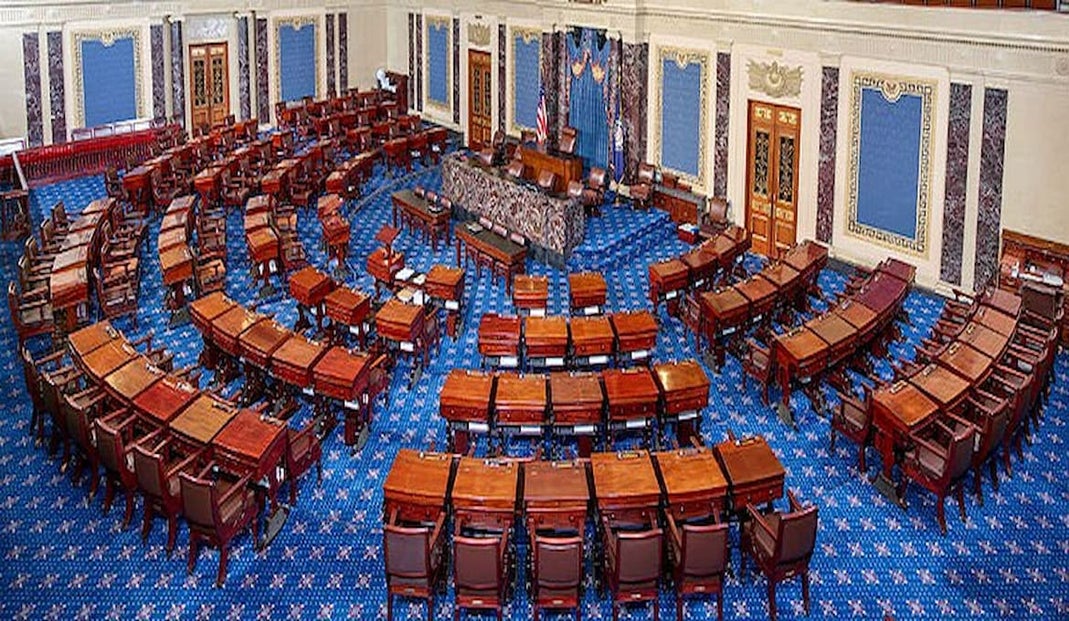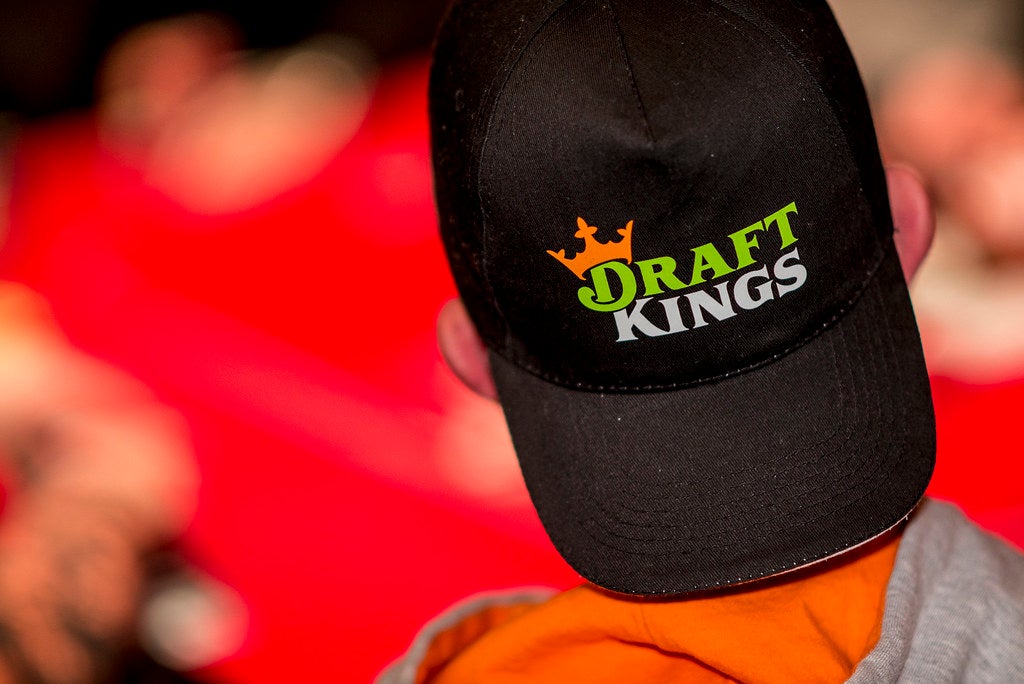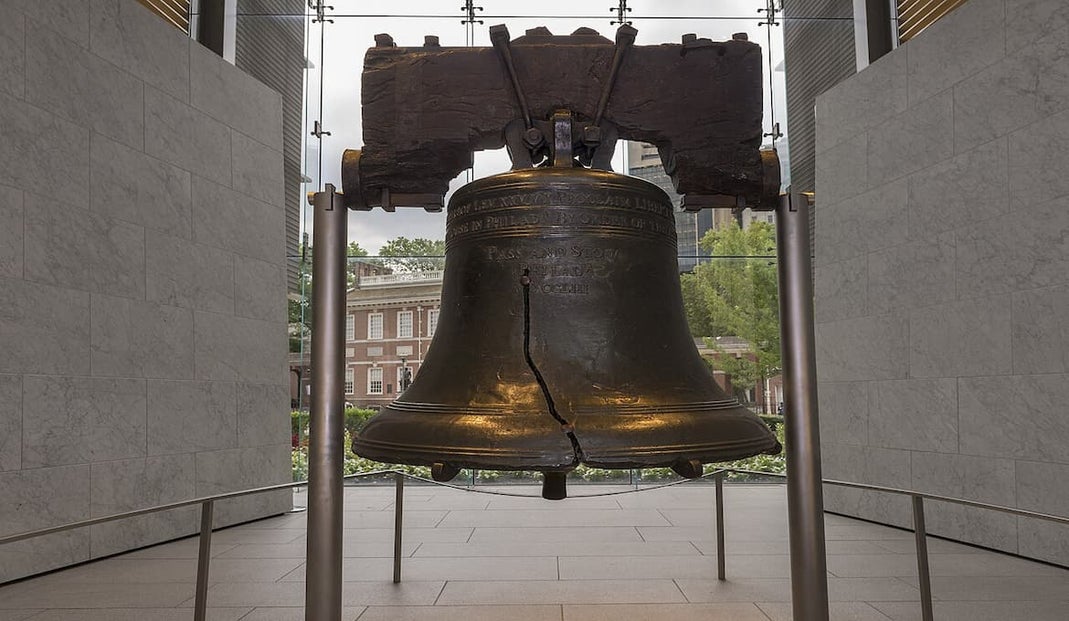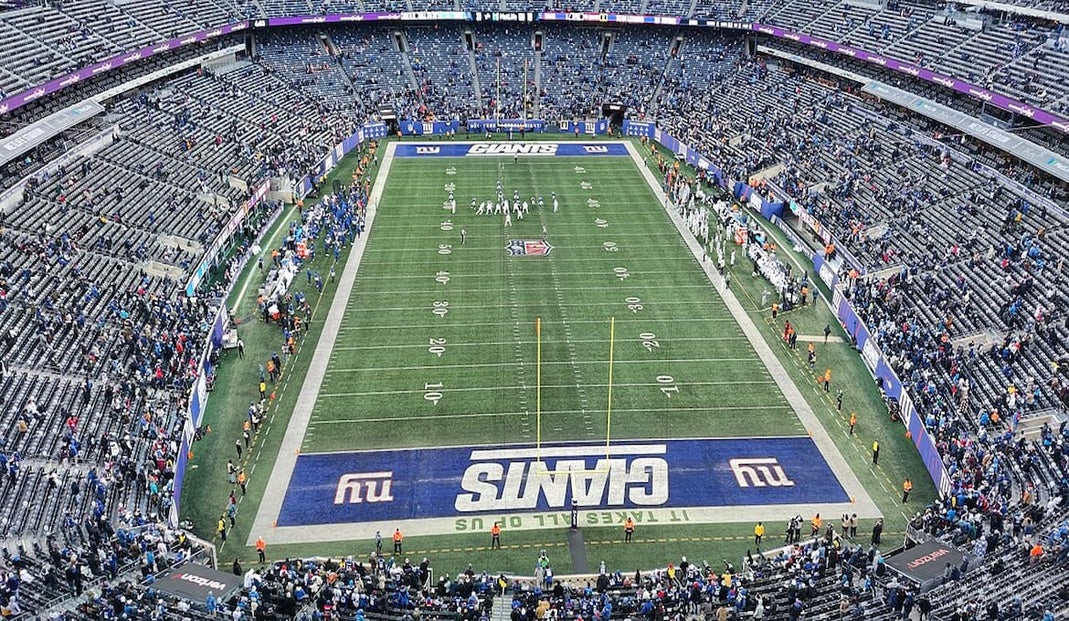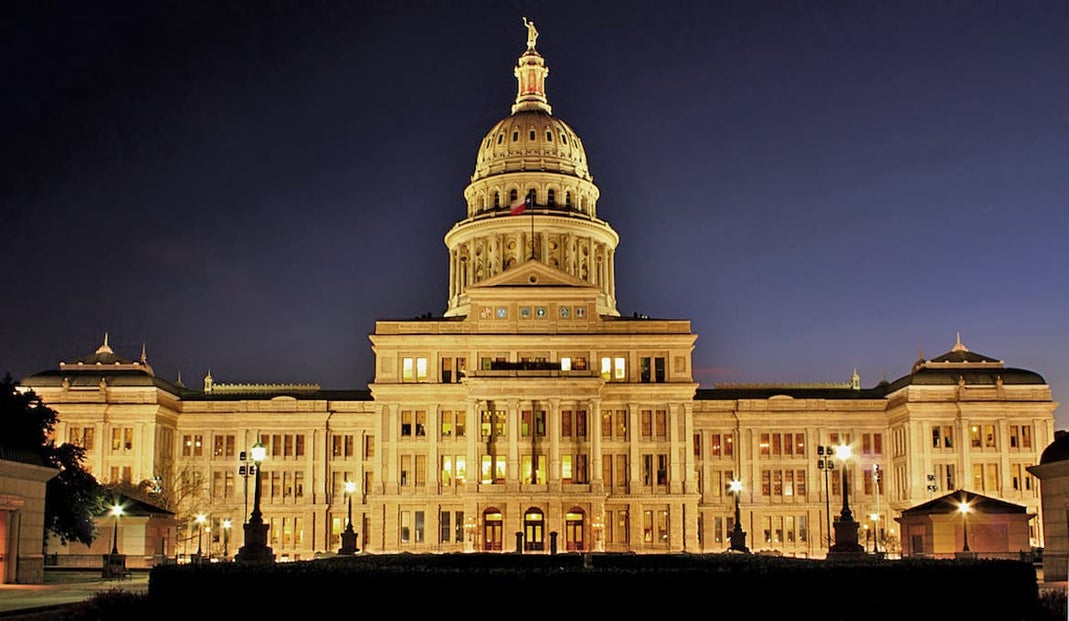Big Gamble for Small Market
While Wyoming is far from the only market to push for a tax hike on sports betting, they are the smallest to do so. The state has a population of just over 587,000 and large pockets of land with few to no cell phone towers. While the market has enjoyed more success than expected, the numbers pale in comparison to other markets with legal online sports betting.
One reason for Wyoming’s sports betting success is its 10% tax rate. The remains one of the lowest in the country, as many other states continue to push theirs higher. That, combined with low licensing fees, led BetMGM, Caesars, DraftKings, Fanatics, and FanDuel to enter the market as operators.
If the tax hike is passed, it could lead those operators to decide that the small revenue numbers are no longer worth the effort. This would cripple the thriving market and send bettors across state lines.
Sportsbook Taxes on the Rise in the US
While the sports betting operators have successfully prevented large tax hikes, they have seen many smaller ones passed over the last year. Some states have also begun looking for alternate ways to increase tax revenue from the industry, including a new “per-bet” tax recently passed in Illinois.
The 20% tax rate proposed in Wyoming is still relatively low, but could draw a fierce response from sportsbooks. Several industry leaders are fighting to slow the rate of these tax hikes, and may use Wyoming as a way to flex their power. With low revenue numbers, operators may choose to make a statement by leaving the market if the tax is enacted.
More Regulations Could be Coming
State Senator Tara Nethercott chaired the committee that proposed the Wyoming sports betting tax hike. She has been vocal about the need for the tax increase, but may be looking for a bigger crackdown on the industry.
Sen. Nethercott said she believes the statement has been very favorable to online sportsbook operators, offering low tax rates, minimal regulations, and limited oversight. This has led to an increase in problem gambling, which is hard to justify for a state taking in less than $1 million annually in tax revenue.
If the tax proposal gains momentum, don’t be surprised if new industry regulations follow.






